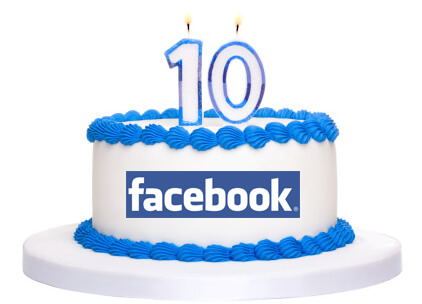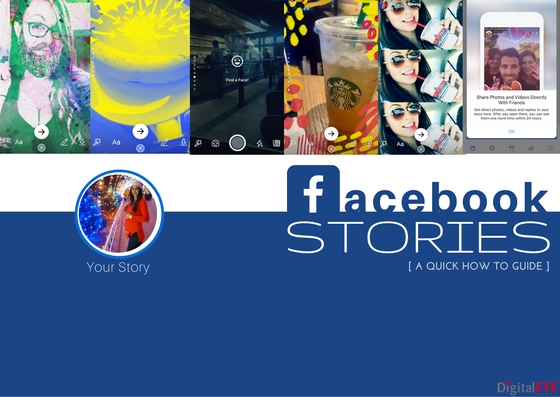Ten Years of Facebook, How Has Facebook Changed Internet Marketing
It would be hard to deny the prevalent role Facebook in Internet marketing. Facebook is so widespread, in fact, it would be equally as hard to find an Internet marketer who hasn’t incorporated some form of Facebook’s technology into his or her own marketing strategy. Everywhere you look online, you’ll see Facebook’s like button, send (share) button, comments plugin, activity feed, live stream, and more. And with over 100 million users, it’s no surprise why marketers use this platform to augment their own promotion strategies. Here are some significant markers that indicate Facebook’s importance in the Internet marketing industry.
- Facebook changed the way online content is shared with the public. Once restricted to the website that it sat on, online content now appears on a multitude of places thanks to Facebook’s tools and its sharing environment. Today, marketers can submit content to their company Facebook page, notes page, newsfeed, events and milestone calendar, as well as their photo and video page. While visitors share and/or recommend the content that they’re reading with their friends, family members and colleagues, the entire set up places content into a position that exponentially increases brand awareness.
- Facebook revolutionized mobile marketing. It also encouraged the masses to develop their own mobile apps. And when you consider that over 400 million Internet users access Facebook through mobile devices, it’s no wonder why the internet marketing industry jumped on this new platform. As a result, marketers now incorporate things like responsive design, mobile monetization and location data into current business strategies.
- Facebook’s impressive efforts at branding itself drove companies to adopt and incorporate its sharing tools into their own promotional materials largely because visitors simply expected to see them there. The social network’s name and links are everywhere. They’re online, on television, on the radio, and inside books and magazines. They’re also what the buying public expects to see, and companies who are aware of social networking’s perks are more than happy to provide them.
- Facebook changed the way companies interacted with their customers and helped facilitate the need for reputation management. Even though they may have communicated with an audience through their own website, email, and perhaps a small and private support forum of some sort, companies never had to communicate with its audience in the transparent way it communicates today. That isn’t necessarily a bad thing until you realize a company’s Facebook page is often the first place people visit to complain about something. Couple that with the fact that most business Facebook pages are open to the entire world population, and you have one heck of a reason to require polite replies from all employees in all circumstances. Any other response could be misinterpreted as an insult and require massive damage control.
Facebook continues to change internet marketing, most notably, through the mistakes it makes. Its sheer size and huge user-base make it one of the most watched entities, and when one of its strategies fails, the marketing public watches and listens to see what will happen. Remember the Facebook Beacon? When it launched, the end result set a precedent against advertising to friends of friends using purchase data. Now privacy issues are a significant aspect of internet marketing as a result.










